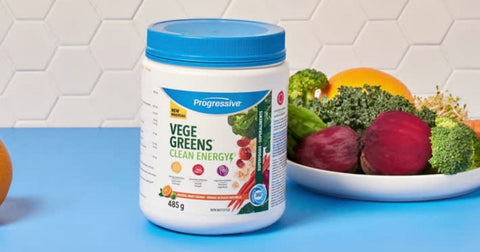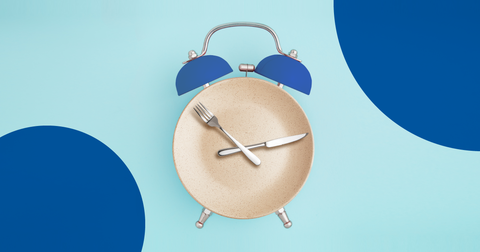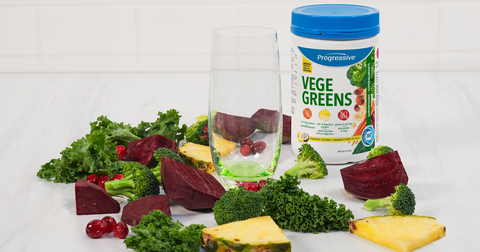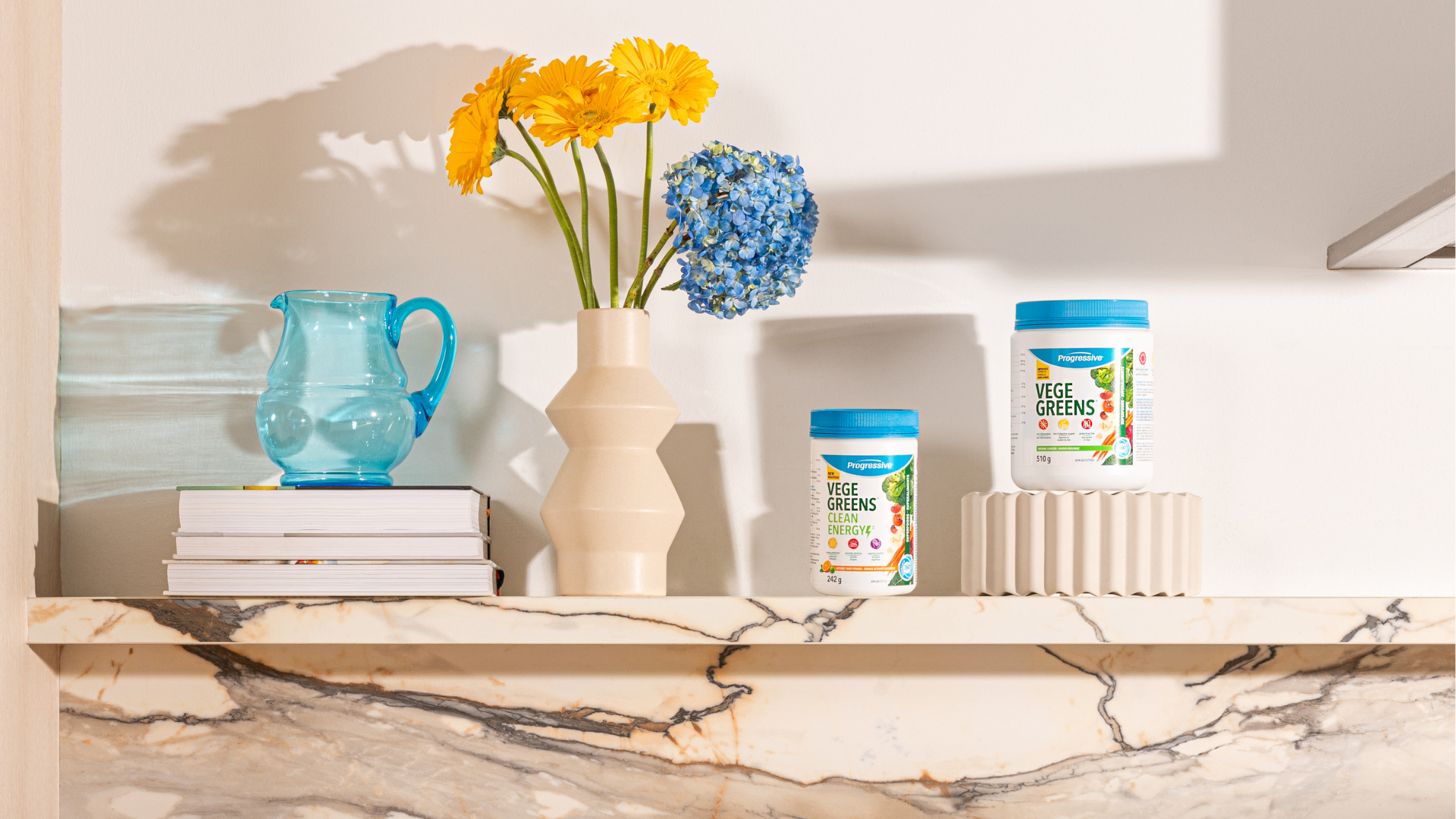Fish oil supplements have made quite a splash in the nutrition and wellness world: they're chock full of heart-friendly omega-3's, support cardiovascular health , and even help with great hair days . What's not to love?!
But will your kids love them too? Recently, scientists have been studying the effects of fish oil supplements in younger children, and while these studies are still in their early stages and remain on the small side, the results so far are looking good. Let's look at the ways fish oil supplements might be able to help your little minnows.

Support Their Diet
In an ideal world, your little ones would be getting their omega-3's (and a whole host of other nutrients like protein and vitamin D) by happily gobbling fresh fatty fish like sardines or salmon two to three times a week. In reality, that's probably not happening for a whole bunch of reasons: fresh fish can be prohibitively expensive, sardines don't usually rank high on a list of children's favourite foods, salmon's not in the fridge and you need to get dinner on the table ASAP, etc. On top of that, there is a growing concern around the amount of mercury or the amount of PCB's in some large fresh fish. Fish oil supplements are a simple way to balance out a lack of omega-3's in your kid's diet in a way that fish sticks just can't.
Development & Focus
Fish oil contains two specific long-chain polyunsaturated fatty acids to help your little bubs with their development: Docosahexaenoic Acid (DHA) and Eicosapentaenoic Acid (EPA). Both are found naturally in the body as primary structural components of the human brain, cerebral cortex, skin, and eyes, and both are absolutely vital to brain development in babies. After the age of 5, though, brain development starts to reduce, so this is a perfect time to increase your children's intake of DHAs and EPAs with a fish oil supplement. Some small studies have shown that children with reading difficulties have shown major improvement after taking fish oil, but it is important to note that other studies have shown no difference so results are not definitive. But, it is safe to say that the DHAs and EPAs in fish oil can support your child's brain and eye development, as well as potentially help their memory and vision.
ADHD
Interestingly, children with ADHD are more likely to show physical symptoms of low omega-3 like dry skin and hair, and excessive thirst. They're also more likely to have lower levels of omega-3 in their blood than kids without ADHD. That's not to say that a fish oil supplement is a miracle ADHD cure, but some studies have shown that increasing omega-3's helped some children control the symptoms of their ADHD better: hyperactivity was reduced, focus and attention spans were improved, and behaviour was improved.
Asthma
Remember EPAs and DHAs, the polyunsaturated long-chain fatty acids that are integral to brain development? Well, they also act as anti-inflammatories: studies have shown that altering the fatty acids in cell membranes can help reduce inflammation in the cells. Researchers decided to see if this could help reduce the inflammation in the airways in children with asthma by conducting a small study of 29 children over the course of 10 months. They found that the kids taking fish oil did show reduced symptoms, however the study was a bit too small to be considered definitive evidence. That being said, fish oil supplements will absolutely not harm your children (unless they're allergic to fish/shellfish), so it's worth trying them out and seeing for yourself.
So, how do you make a kid take fish oil?
Well, it depends on the kid. Fish oil comes in three variations: liquid, gel caps, and chewable softgels. Liquid is the easiest for the body to incorporate, so they'll get more nutrients, and it comes in fun flavours like chocolate and orange to make it a more palatable. If the consistency is an issue, you have the gel cap option, but kids might have a tough time swallowing them. The chewable softgels are a pretty great ''best of both worlds' solution: they also come in fun fruit flavours, plus they're soft gummies so you might just be able to convince your kids they're eating candy.




